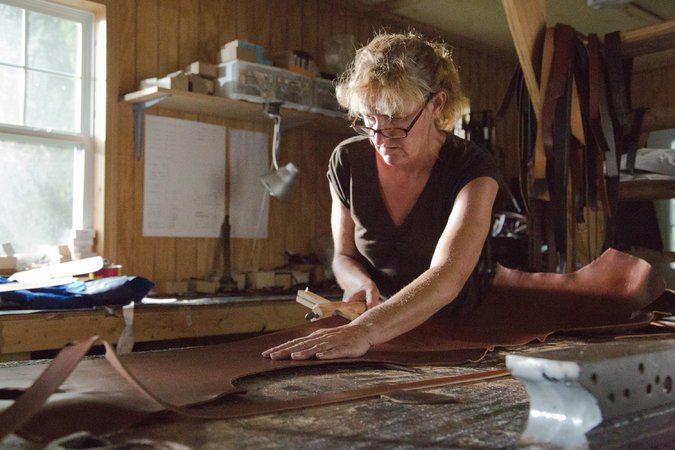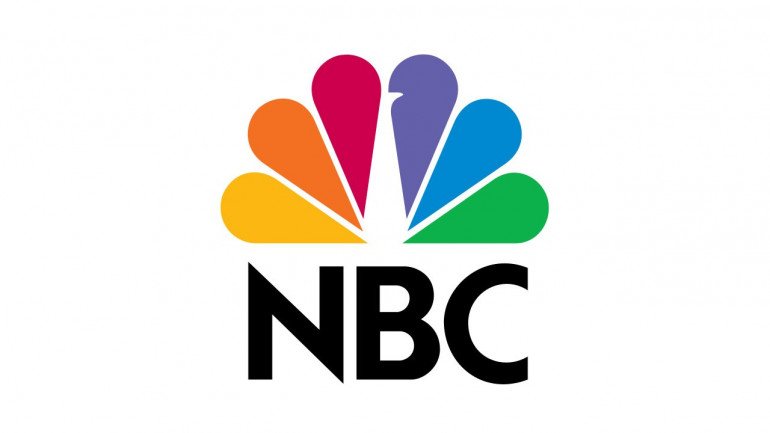An online documentary about Porridge Papers, a company in Lincoln, Neb., that makes the type of deckle-edged recycled paper found in art supply and stationary stores, includes a field-trip visit by schoolchildren to the small mill and print shop.
“We love showing it to the kids because this is obviously nothing that they’ve ever heard of before,” says Christopher James, the owner of the company, as the students happily stir pulp with their hands and sift it onto screens, where it is pressed before being dried. “They’re very dialed in to the electronics, so to get them to come in here and think about that piece of paper” and how it was made fascinates children, he said.
The video about such low-tech craftsmanship turns out to be a marketing campaign for a decidedly high-tech telecommunications company, Windstream Communications of Little Rock, Ark., which provides services like broadband Internet and telephone landlines in smaller cities and rural areas. A video series and Tumblr page, Locally Crafted, highlights people with creative pursuits in the areas that Windstream serves.
One video shows Dave Hall, also of Lincoln, whose auto shop, Restore a Muscle Car, specializes in making run-down cars from the 1970s like Firebirds or Camaros look — and sound — as if they just rolled out of the showroom. Another features Claire Painter, who has a small leatherworking brand, Clever with Leather, in Versailles, Ky. And the newest video, which is being introduced online on Thursday, features Ed Puterbaugh of Lexington, Ky., who owns a brand of locally sourced and made cheeses, Boone Creek Creamery.
The campaign is by Kirshenbaum Bond Senecal & Partners, New York, part of MDC Partners, and direction and production was handled within the agency by other MDC Partners divisions including the Media Kitchen. Windstream, which declined to reveal the production expense for the four videos, and four more that will appear through the end of the year, spent $4.3 million on advertising in 2013, according to the Kantar Media unit of WPP.
The web series is what marketers call branded content or branded entertainment, meaning that it aims primarily to entertain rather than to overtly sell products. Each episode opens with text that indicates that it is presented by Windstream, but contrary to what is often the case with branded content, the company is never mentioned or even obliquely evoked otherwise.
Sam Chotiner, a strategy director at Kirshenbaum Bond Senecal & Partners, which is the agency of record for Windstream, said that the company specified its selling points in traditional advertising, but that the video series was intended to promote uncelebrated people in the areas where the company does business.
“We thought that trying to sneak in a shot of a computer or phone line would get in the way of the stories,” he said. “Windstream completely understood and pushed for this strategy, which is about telling stories that matter in our footprint, and finding people who will really appreciate the exposure and platform.”
Barbara Lippert, an editor at large at MediaPost, said she was awed by the quality of the videos.
“They’re just beautiful little films,” she said. “I wouldn’t classify them as ads because there’s no selling, but the execution was fantastic.”
She added that the approach could appeal to consumers who have grown frustrated with some of the bigger telecommunications companies, which Windstream competes against in some of the larger markets it serves.
“Everybody hates Comcast and Time Warner because their service is terrible and because their constant nonstop blaring commercials are so in-your-face,” Ms. Lippert said. “And this is the opposite of that, so people who are fed up with the other ones might really appreciate this approach.”
In a Harris Poll in May on the reputation of the 60 most visible companies, Time Warner Cable ranked 45th, with a 65.8 score out of a possible 100, or “fair” reputation. Comcast, which is seeking to acquire Time Warner, ranked 50th, with a 62.6 rating, or “poor” reputation.
Michele Shaw, the director of consumer marketing communications at Windstream, made no direct comparison to larger telecom companies, but said that the new Locally Crafted series highlighted her company’s presence in smaller markets.
“Our brand is committed to providing services that connect rural communities and we believe that this Locally Crafted platform is the perfect extension of our brand position,” she said.
Mr. James of Porridge Papers said the video of his company, which was released online on June 25, prompted articles in newspapers in Lincoln and Omaha.
“It’s an odd pairing to have a telecommunications company work with someone that makes paper by hand,” he said. “But what it does, though, is bring two businesses together that are in the community and in the long run that definitely helps both of them out.”
Mr. James said he was pleasantly surprised that Windstream was happy to feature him even after learning that his company was halfway through a two-year contract with Time Warner. In a year, when he can do so without incurring a financial penalty, he said planned to switch to Windstream.



